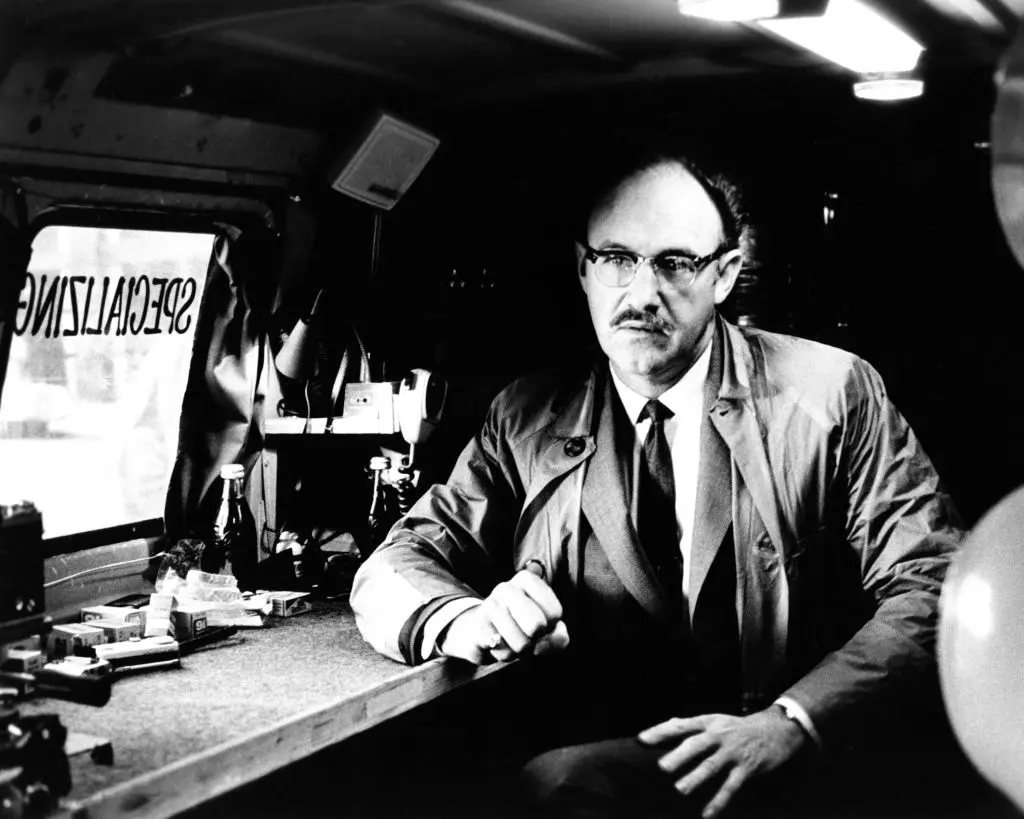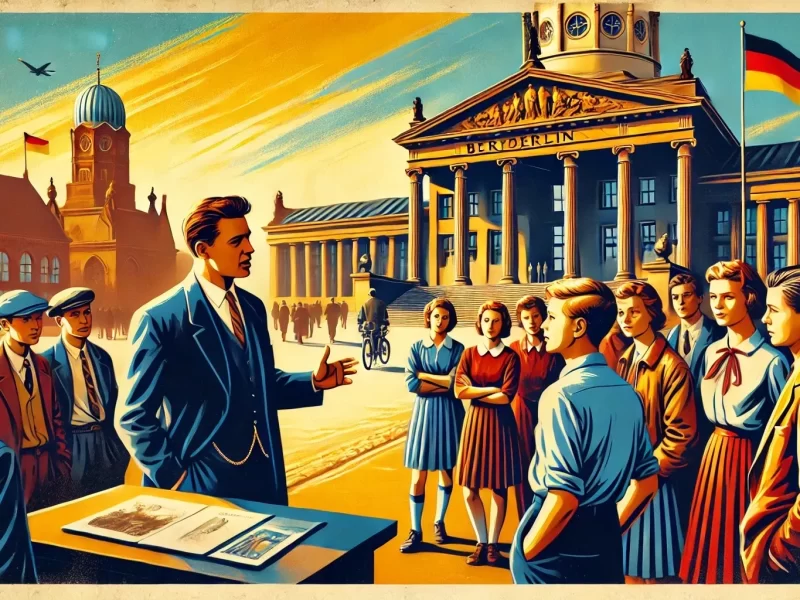The Unmatched Brilliance of Gene Hackman
Actors strive to captivate audiences, to make them believe in the characters they portray. Gene Hackman, who passed away on February 26 at the age of 95, was a master of this craft. Yet, watching him on screen often evoked an unsettling feeling—his characters blurred the lines between truth and deception. Hackman had a rare ability to embody roles that balanced authenticity with subterfuge, keeping viewers constantly engaged, searching for subtle shifts in his expressions, his tone, or his mannerisms. Whether portraying a gritty law enforcer in a disheveled Santa suit or a cunning villain, Hackman’s genius lay in the smallest details—the molecular building blocks of cinema.
The Early Years: A Rising Star
Before becoming a Hollywood legend, Hackman served in the Marines and studied journalism and television production on the G.I. Bill. His acting career began with minor roles in the early 1960s, but it was in 1967’s Bonnie and Clyde that he made a lasting impression. Playing Buck Barrow, the older brother of Warren Beatty’s Clyde, Hackman delivered a performance that was both powerful and poignant. His portrayal of Buck’s final moments remains one of the most emotionally intense scenes in cinematic history.
A Career Spanning Decades of Excellence
From the 1970s through the 1990s, Hackman became a fixture in Hollywood, delivering unforgettable performances across genres. In the disaster thriller The Poseidon Adventure (1972), he played a determined preacher willing to sacrifice himself for others. He showcased his comedic chops as a blustering senator in The Birdcage (1996) and as an eccentric blind man in Young Frankenstein (1974). Westerns were another stronghold, with standout roles in Unforgiven (for which he won an Academy Award), Wyatt Earp, and The Quick and the Dead.
In thrillers like The Firm (1993), he demonstrated his ability to steal scenes from even the most talented co-stars, while in Mississippi Burning (1988), he brought depth to his portrayal of an FBI agent tackling racial injustice. Younger audiences may best remember him as the mischievous patriarch in The Royal Tenenbaums (2001), a role that showcased his ability to blend humor and heart in equal measure.
Master of the Villainous Role
Hackman excelled at playing villains, creating some of the most memorable antagonists in film history. He reinvented Lex Luthor in the Superman movies, giving the character a pompous yet charismatic edge. In Prime Cut (1972), he delivered a chilling performance as Mary Ann, a small-town crime boss running a meatpacking empire with a dark secret. His ability to inject charm into even the most sinister roles made his villains all the more compelling.
The Pinnacle: The Conversation (1974)
Among Hackman’s many standout performances, his role as Harry Caul in Francis Ford Coppola’s The Conversation remains one of the greatest in film history. As a surveillance expert consumed by paranoia, Hackman conveyed a profound sense of isolation. In one of the film’s most haunting scenes, Harry confesses his deepest fears to a dreamlike apparition of a woman he has been surveilling. His quiet admission—“I’m not afraid of death. I am afraid of murder.”—lingers with chilling effect.
The film’s final moments encapsulate Hackman’s brilliance. As Harry frantically tears apart his apartment searching for a hidden bug, the audience is drawn into his spiraling paranoia. When he finally settles into playing his saxophone amid the ruins of his home, the scene speaks volumes—loneliness, fear, and resignation woven together in a single, unforgettable image.
The Enduring Legacy of Gene Hackman
Hackman’s performances left audiences awestruck, questioning how he could make even the most outrageous characters utterly believable. His ability to transform himself so completely into each role was nothing short of miraculous. Whether playing a hero, a villain, or something in between, he was always convincing, always compelling.
Gene Hackman wasn’t just an actor—he was a force of nature, a storyteller whose work will continue to inspire generations to come.


